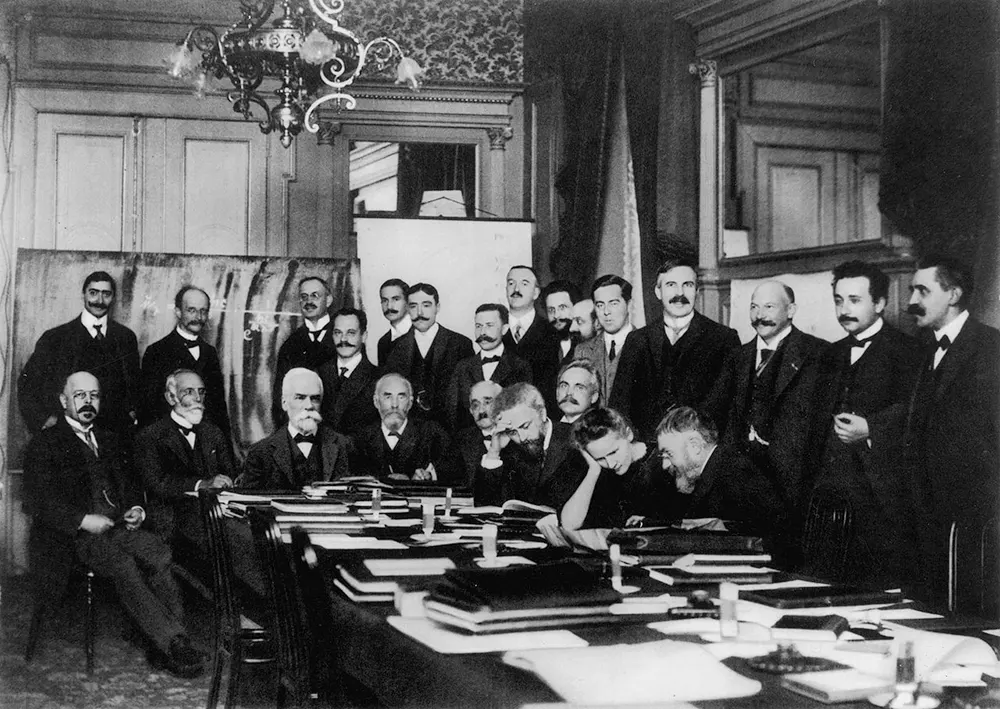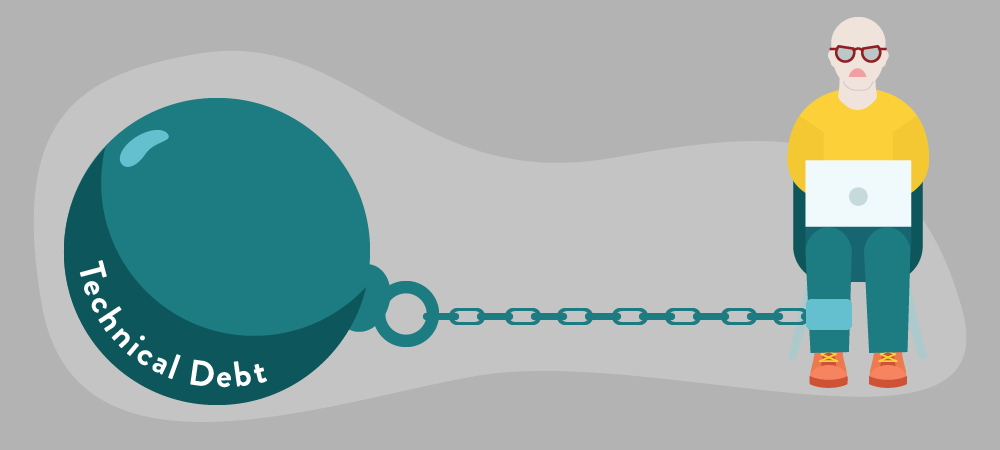The Truth About Technical Interviews
After years in software development and sitting on both sides of the interview table, we've learned something that might surprise you: you don't need to answer every technical question perfectly to get hired.
In fact, some of the best developers we've worked with didn't ace their technical interviews. But they did something more important they showed they could think, communicate, and solve problems like a real developer.
Let me share the "hacks" that actually work.
Hack #1: Show Your Thinking Process (Even When You're Wrong)
What Most People Do Wrong
Interviewer: "How would you reverse a string in Python?"
Candidate: *sits in silence for 2 minutes*
Candidate: "I don't know"
What You Should Do Instead
Interviewer: "How would you reverse a string in Python?"
You: "Okay, let me think through this step by step.
I know strings in Python are sequences, so I could probably:
1. Loop through it backwards
2. Use slicing
3. Maybe there's a built-in method
Let me try the slicing approach first: string[::-1]
Actually, let me walk through why this works..."
Why This Works: Interviewers want to see how you approach problems. Your thinking process is often more valuable than the perfect answer.
Real Example: A client of us said "I once hired a developer who couldn't solve a binary tree problem. But he talked through different approaches, explained what he was thinking, and asked good questions. He turned out to be one of our best problem solvers."
Hack #2: Admit What You Don't Know (But Show You Can Learn)
The Magic Phrase
"I haven't worked with [X] before, but based on what I know about [similar thing], I think it might work like this..."
Example in Action
Interviewer: "What's the difference between SQL and NoSQL databases?"
You: "I've mainly worked with PostgreSQL, so I'm more familiar with SQL databases.
From what I understand, SQL databases use structured tables with relationships,
while NoSQL databases like MongoDB use more flexible document structures.
I haven't used NoSQL in production yet, but I'd love to learn more about
when you'd choose one over the other."
Why This Works:
- Shows honesty (they'll find out anyway)
- Demonstrates you can connect new concepts to existing knowledge
- Shows willingness to learn
- Opens up a conversation instead of shutting it down
Hack #3: Ask Questions That Show You Think Like a Developer
Instead of Just Answering, Ask About Context
Bad Response: "I'd use a for loop"
Good Response: "Before I answer, can I ask about the context? Is this for a small dataset or something that needs to handle millions of records? That would change my approach completely."
Questions That Impress Interviewers
- "What's the expected size of the data?"
- "Are there any performance requirements I should consider?"
- "Will this need to handle edge cases like empty inputs?"
- "Is this part of a larger system I should be aware of?"
Why This Works: Real developers always consider context. You're showing you think beyond just the immediate problem.
Hack #4: Talk About Trade-offs (Even for Simple Problems)
Example: Sorting an Array
Interviewer: "How would you sort this array?"
You: "I could use Python's built-in sorted() function, which would be
the most readable and reliable option. It uses Timsort algorithm,
which is O(n log n) in the worst case but performs better on
partially sorted data.
If I needed to implement my own for some reason, I might choose:
- Bubble sort: Simple to understand but O(n²), only good for small arrays
- Quick sort: Generally faster but worst case is still O(n²)
- Merge sort: Consistent O(n log n) but uses more memory
For production code, I'd almost always go with the built-in function
unless there was a specific reason not to."
Why This Works: You're showing you understand that there's rarely one "right" answer in software development. Everything has trade-offs.
Hack #5: Connect Problems to Real Work
Bridge the Gap Between Theory and Practice
Instead of: "I'd use a hash map"
Try: "This reminds me of a caching problem I solved at my last job. I used a dictionary in Python, which is basically a hash map, to store frequently accessed user data. The lookup time was much faster than hitting the database every time."
Why This Works:
- Shows you've solved real problems, not just textbook ones
- Demonstrates practical experience
- Makes the conversation more relatable
- Shows you can apply concepts in real scenarios
Hack #6: Be Honest About Your Mistakes and Learning
The Power of the "Failure Story"
Interviewer: "Tell me about a challenging bug you fixed"
You: "I once spent two days debugging what I thought was a complex
algorithm issue. Turns out, I had a simple typo in a variable name.
It was embarrassing, but it taught me to always double-check the
basics first. Now I use better variable naming and set up linting
tools to catch these early."
Why This Works:
- Shows you're human and can learn from mistakes
- Demonstrates growth mindset
- Shows you've actually debugged real problems
- Proves you can reflect and improve
Hack #7: Use the "Let Me Google That" Strategy
When You're Stuck
"I don't remember the exact syntax off the top of my head, but in a real work situation, I'd look this up in the documentation. Can I walk you through what I'd search for and how I'd approach finding the solution?"
Why This Works: Nobody expects you to memorize every API. Showing you know how to find information efficiently is more valuable than perfect recall.
Hack #8: Show Your Debugging Skills
When Your Code Doesn't Work
You: "Hmm, this isn't giving the result I expected. Let me trace through it:
- First, the input is [1,2,3]
- In the first iteration, i=0, so we're looking at 1
- Wait, I think I see the issue. My loop condition is wrong..."
Why This Works: Debugging is a huge part of real development work. Showing you can systematically work through problems is incredibly valuable.
Hack #9: Demonstrate Communication Skills
Explain Like You're Teaching a Junior Developer
- Use simple language
- Break down complex ideas into steps
- Check if the interviewer is following along
- Draw diagrams if it helps
Example: "So we have this array, and we want to find duplicates. Think of it like going through a list of names at a party—we want to spot if anyone's name appears twice. One way is to..."
Hack #10: End with Next Steps
After Every Answer
"If I were implementing this in a real project, my next steps would be:
- Write unit tests to cover edge cases
- Check the performance with larger datasets
- Get a code review from the team
- Monitor it in production to see how it performs"
Why This Works: Shows you think beyond just writing code to actually shipping and maintaining software.
What Really Matters to Interviewers
After interviewing dozens of developers, here's what I actually look for:
1. Problem-Solving Approach
Can you break down a problem systematically? Do you ask clarifying questions?
2. Communication Skills
Can you explain your thinking clearly? Will you be able to work with the team?
3. Learning Ability
Do you seem curious? Can you pick up new concepts quickly?
4. Real-World Thinking
Do you consider edge cases, performance, maintainability?
5. Honesty and Self-Awareness
Do you know what you know and what you don't know?
The Secret: Most Interviewers Are Rooting for You
Here's something that might surprise you: most interviewers want you to succeed. They're not trying to trick you or make you fail. They have open positions to fill, and hiring is expensive and time-consuming.
They're looking for someone who can:
- Solve problems (not necessarily perfectly)
- Work well with others
- Learn and grow
- Think like a professional developer
Red Flags to Avoid
Don't Do These Things
- Silent struggling: If you're stuck, talk through what you're thinking
- Making stuff up: If you don't know, say so
- Getting defensive: If they point out an issue, be open to feedback
- Ignoring the interviewer: This is a conversation, not a test
- Giving up too quickly: Show persistence and different approaches
Practice Strategy That Actually Works
1. Practice Talking Through Problems Out Loud
Do coding problems while explaining your thinking to an imaginary teammate.
2. Practice the "I Don't Know" Response
Get comfortable saying you don't know something, then pivoting to what you do know or how you'd find the answer.
3. Prepare Your Stories
Have 3-4 real examples ready:
- A challenging bug you fixed
- A time you learned something new quickly
- A project you're proud of
- A mistake you learned from
4. Practice Teaching
Try explaining technical concepts to non-technical friends. If you can make it clear to them, you can definitely explain it to an interviewer.
The Bottom Line
Technical interviews aren't really about finding people who know everything. They're about finding people who can think, learn, and work well with others.
The developers who get hired aren't always the smartest ones in the room. They're the ones who show they can approach problems thoughtfully, communicate clearly, and grow with the team.
So next time you're in a technical interview, remember: you're not trying to be perfect. You're trying to show you think like a professional developer.
And sometimes, that's way more valuable than getting every answer right.
What's your experience with technical interviews? Have you found strategies that work? Share your stories in the comments—we can all learn from each other's experiences.






Comments (1)
Uorivo Admin
Aug 23, 2025 at 7:36 PMWhat do you think?